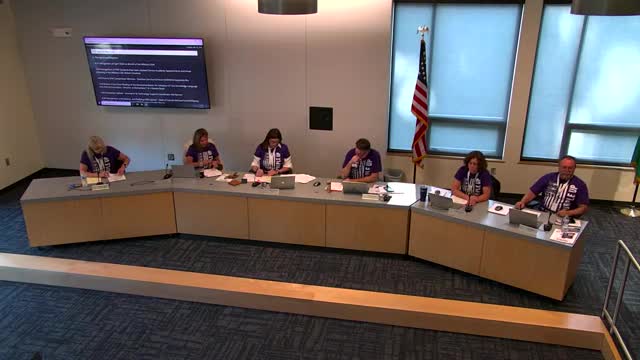Article not found
This article is no longer available. But don't worry—we've gathered other articles that discuss the same topic.
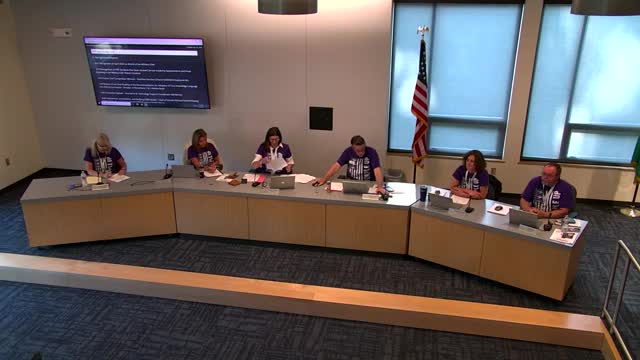
Peninsula School District qualifies for federal impact aid, recognizes military-connected students and service-academy appointees
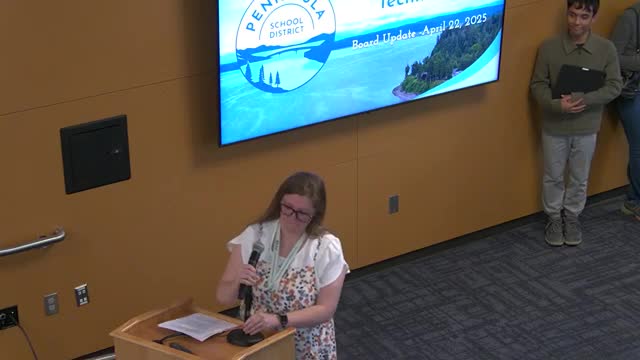
District unveils Performance Drone Team pilot to give students FAA certification and paid internship pathways
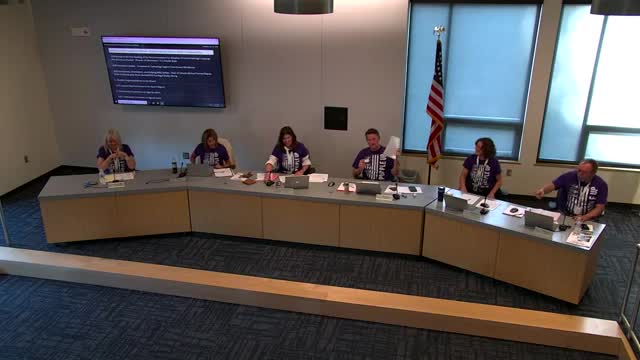
Board hears unanimous committee recommendation to adopt CKLA for elementary ELA; first reading scheduled
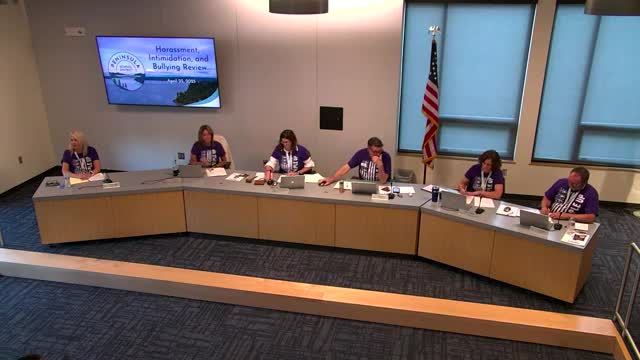
Peninsula School District releases outside HIB review; staff task force recommends clearer procedures, training and student voice work
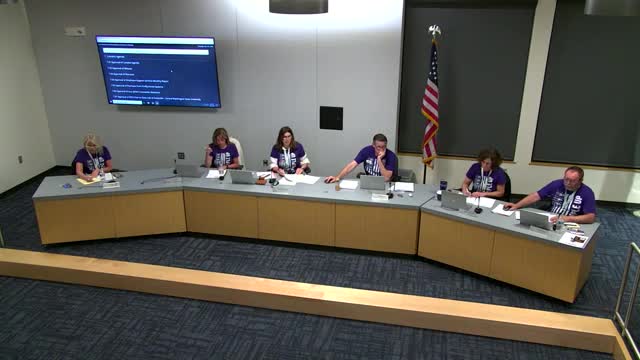
Community voices opposition to district principal rotations after Minter Creek reassignment; parents ask board to pause strategy
